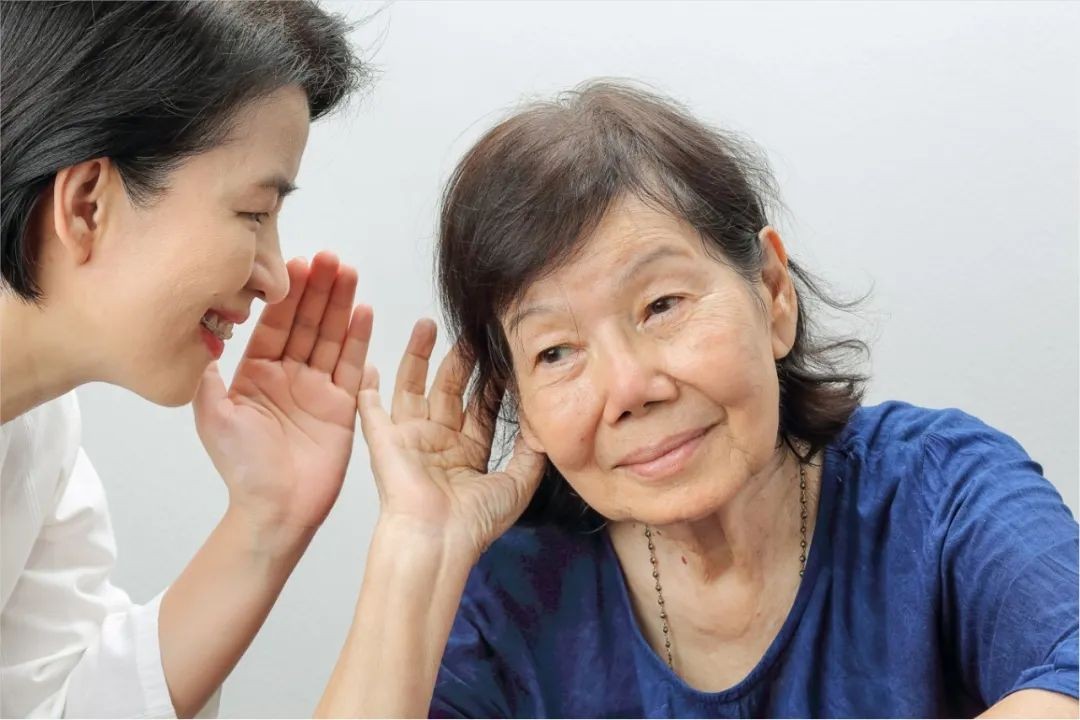Grandpa Zhang’s Troubles
Grandpa Zhang, who used to enjoy family happiness, has been feeling down lately. He struggles to hear his family’s conversations, and phone calls sound muffled. He now fears answering calls and has gradually withdrawn from social interactions...
On Chongyang Festival, his grandson called: “Grandpa, happy holiday!” The once-clear voice now sounded faint, leaving Grandpa Zhang with mixed emotions.
 Why Do Ears “Age” with Us?
Age-Related Hearing Loss (Presbycusis)
Why Do Ears “Age” with Us?
Age-Related Hearing Loss (Presbycusis)
Presbycusis refers to hearing decline due to aging. As we age, organs naturally deteriorate—including the auditory system. Inner ear hair cells degrade, auditory nerve fibers diminish, and hearing loss progresses.
Additional factors like noise exposure, ototoxic drugs, stress, poor diet, and metabolic diseases also contribute.
Statistics
Over 50% of adults aged 60+ experience hearing loss.
Most over 80 and nearly all over 90 have presbycusis.
30%–50% of Chinese seniors aged 60+ suffer hearing impairment.
Hearing loss is a critical issue for the elderly!
The Loneliness of “Hearing but Not Understanding”
Presbycusis primarily reduces
speech discrimination—patients “hear sounds but struggle to understand.” Key symptoms include:
Difficulty hearing high-frequency sounds (e.g., birdsong, doorbells, alarms) while detecting low-frequency noises (e.g., knocks, humming).
Frequently mishearing words, requiring others to repeat loudly.
Avoiding phone calls due to unclear audio.
Preferring quiet environments over noisy ones.
A Dangerous Misconception
Many dismiss age-related hearing loss as “natural” and untreatable. Yet, untreated presbycusis leads to:
Social isolation: Seniors feel trapped in a “glass jar,” visible but disconnected.
Cognitive decline: Communication barriers reduce interactions with loved ones, raising dementia risks.
Scientific Solutions: Upgrade Their Hearing
If your elderly family shows hearing issues, visit an ENT clinic for evaluation:
Otoscopy: Check for ear canal blockages, infections, or eardrum damage.
Audiometry: Assess hearing loss severity.
Treatment Options
Mild loss: Monitor regularly.
Moderate to severe loss:
Hearing aids—tiny devices that:
Restore speech comprehension.
Rebalance auditory-cognitive function.
Reduce tinnitus and enhance quality of life.
Chongyang Festival: Let Love Be Heard
Care for your elders’ hearing earlier.
Ensure their golden years are filled with clarity and connection.
Keep their hearing online—let love be heard.
